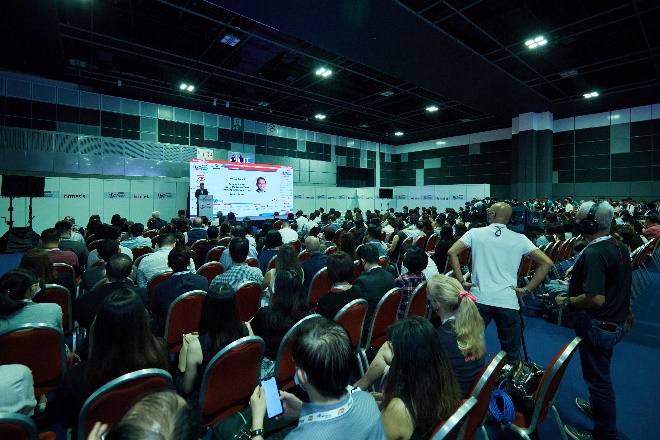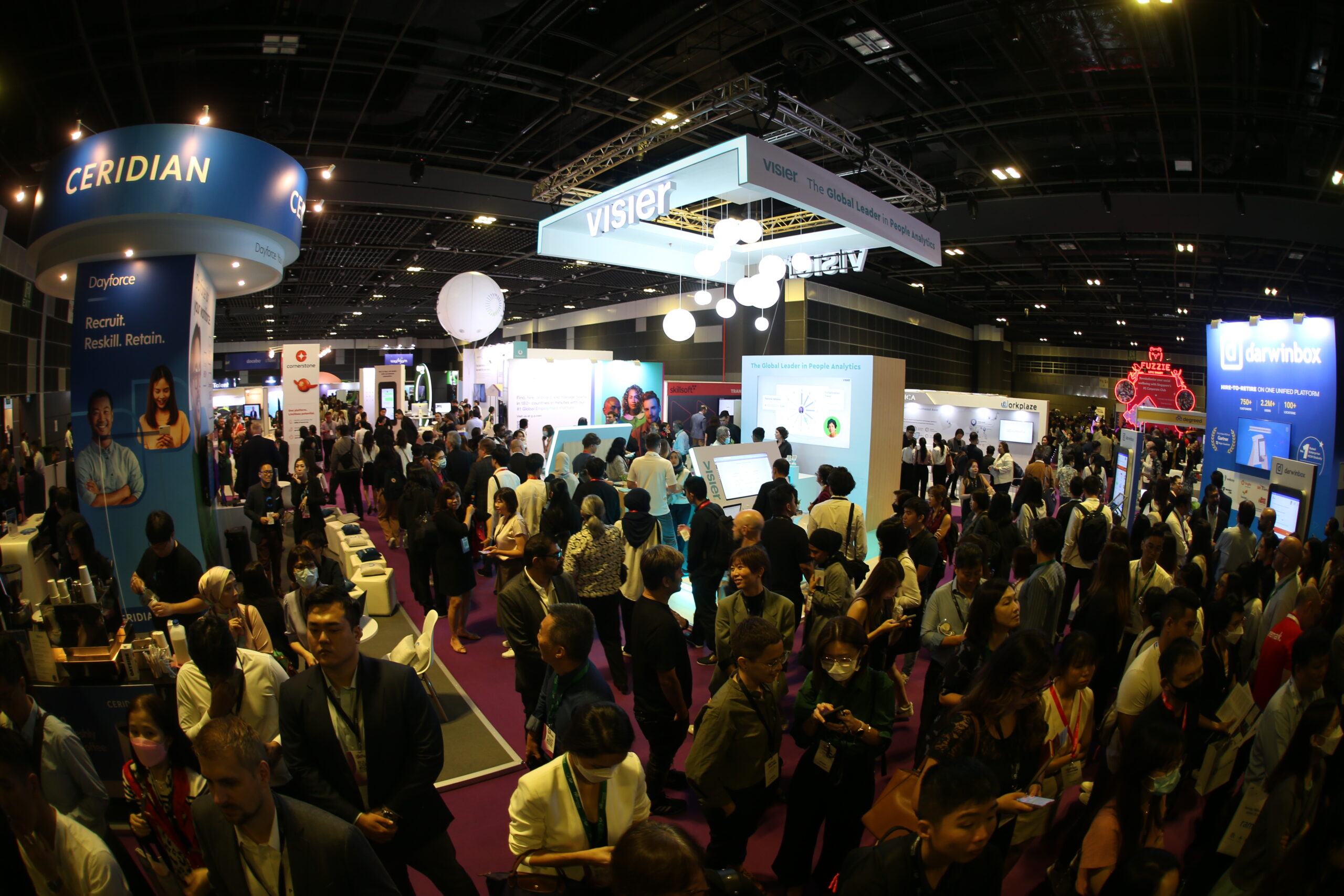2 Cents: Creating a more flexible and inclusive hybrid workplace

As the world approaches the three-year mark since the onset of the pandemic, many organisations have moved away from a full remote work model. Instead, a larger trend in the world of work is the move towards hybrid work as a permanent work arrangement.
While hybrid work is not a new concept, it gained more attention and adoption at the height of the pandemic when organisations shifted to remote work to keep their employees safe. According to a recent study by Gallup, hybrid work offers benefits such as improved work-life balance, more efficient use of time, control over work hours and location, burnout mitigation, and higher productivity. Specifically, hybrid work provides employees with the flexibility to work in ways that are most effective for them, and employees believe their current hybrid arrangements improve personal wellbeing and productivity at work.
Despite the clear benefits, hybrid work comes with its challenges, which include having the right tools to be effective at work, employees feeling less connected to the organisation’s culture, impaired collaboration and relationships, and disrupted work processes. Organisations need to address these challenges to create a workplace that meets the needs of their employees and promotes overall business success.
What Gallup’s study highlights is that hybrid work is likely here to stay and organisations must adapt to create a workplace that is more flexible, productive, and inclusive.
HR leaders have a critical role to play to support hybrid work by creating policies, providing guidance and support, and promoting a culture that values and prioritises flexibility. Additionally, they can find ways to build a sense of community and connection among remote and on-site employees, fostering a culture of collaboration and inclusivity that extends beyond physical boundaries.
In the UK, flexible working has gained increasing importance, driven by various factors such as the high cost of childcare and the effects of prolonged flexible working during the pandemic. A study by Queen Mary University highlighted the need for consistent and available childcare and flexible working arrangements due to the significant increase in parents’ expectations to work flexibly, with fathers being the most impacted. This emphasises the importance of HR leaders creating a culture that values flexibility and supports employees in achieving work-life balance.
HR leaders can support employees by ensuring that they have the access to the right technology and tools needed to be effective at work. For example, employees may need video conferencing platforms, instant messaging tools, and project management software to collaborate with their colleagues effectively. HR leaders can also encourage employees to use these tools and technology to ensure they feel connected to their colleagues and organisation’s culture.
Moreover, HR leaders must create policies that promote hybrid work and guide managers and employees on how to work effectively in hybrid environments. This includes policies that address work schedules, communication protocols, and performance expectations. HR leaders can also develop training programmes that provide employees with the necessary skills to be productive and successful in hybrid work environments.
Finally, HR leaders can promote a culture of inclusivity that values and prioritises flexibility. This means creating policies that support employee wellbeing, including mental health support and flexible work arrangements. It also means creating a work environment that fosters collaboration, diversity, and inclusion. HR leaders can achieve this by promoting communication and collaboration, creating opportunities for remote and on-site employees to interact and connect, and celebrating diversity and inclusion in the workplace.
HR Tech Festival Asia 2023, taking place from 10-11 May 2023 at Suntec Singapore, will be an excellent opportunity for HR leaders in the Asia-Pacific region to explore the new paradigm of people and work, including the advantages of hybrid work and how to create a more flexible career experience.
As the way we work continues to evolve, join industry experts in discussing issues such as hiring the best talent regardless of location, reducing overall costs of talent acquisition, and keeping employees productive and motivated.
Clearly, employees are continuing to change work. Join HRM Asia at HR Tech Festival Asia 2023 to find out how you can better allow them, and your organisation, to thrive in a post-pandemic world.



